Intro
Discover effective ADHD medication for kids, including stimulants and non-stimulants, to manage symptoms and improve focus, attention, and behavior in children with attention deficit hyperactivity disorder.
Attention Deficit Hyperactivity Disorder (ADHD) is a neurodevelopmental disorder that affects millions of children worldwide. It is characterized by symptoms of inattention, hyperactivity, and impulsivity, which can significantly impact a child's daily life, academic performance, and social relationships. While there is no cure for ADHD, medication is often prescribed to help manage the symptoms and improve the quality of life for children with ADHD. In this article, we will delve into the world of ADHD medication for kids, exploring the different types of medications, their benefits and risks, and what parents need to know.
The importance of finding the right treatment for ADHD cannot be overstated. Untreated ADHD can lead to a range of negative outcomes, including poor academic performance, social isolation, and increased risk of mental health problems. On the other hand, effective treatment can help children with ADHD to thrive, both academically and socially. Medication is often a key component of ADHD treatment, but it is essential to approach this topic with caution and careful consideration. With so many different medications available, it can be overwhelming for parents to navigate the options and make informed decisions about their child's treatment.
As we explore the world of ADHD medication for kids, it is essential to remember that every child is unique, and what works for one child may not work for another. Factors such as the child's age, weight, and medical history can all impact the effectiveness and safety of medication. Additionally, medication should always be used in conjunction with other treatments, such as behavioral therapy and lifestyle changes, to achieve the best possible outcomes. By taking a comprehensive and multi-faceted approach to ADHD treatment, parents and healthcare professionals can work together to help children with ADHD to reach their full potential.
Types of ADHD Medication for Kids
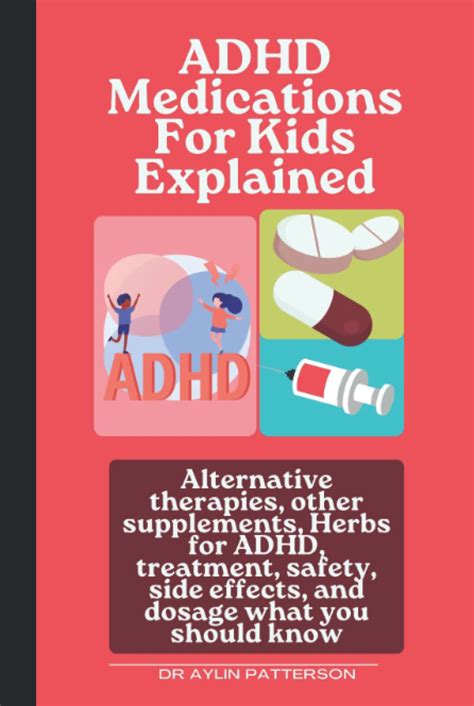
Non-stimulant medications, such as Strattera and Intuniv, work differently. They can help to improve attention and reduce impulsivity, but may not be as effective in reducing hyperactivity. Non-stimulant medications are often prescribed for children who cannot take stimulant medications due to certain medical conditions or side effects. It is essential to work closely with a healthcare professional to determine the best medication and dosage for each individual child.
Stimulant Medications
Stimulant medications are the most commonly prescribed type of ADHD medication for kids. They work by increasing the levels of certain neurotransmitters in the brain, such as dopamine and norepinephrine. This can help to improve focus, attention, and impulse control, while also reducing symptoms of hyperactivity. Some common stimulant medications include: * Ritalin (methylphenidate) * Adderall (amphetamine and dextroamphetamine) * Vyvanse (lisdexamfetamine) * Concerta (methylphenidate) * Focalin (dexmethylphenidate)Benefits and Risks of ADHD Medication for Kids
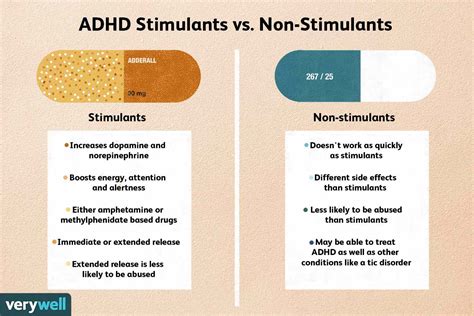
However, there are also potential risks and side effects to consider, such as:
- Sleep disturbances
- Appetite suppression
- Anxiety and mood changes
- Increased heart rate and blood pressure
- Potential for addiction and abuse
Non-Stimulant Medications
Non-stimulant medications are often prescribed for children who cannot take stimulant medications due to certain medical conditions or side effects. These medications work differently, and can help to improve attention and reduce impulsivity, but may not be as effective in reducing hyperactivity. Some common non-stimulant medications include: * Strattera (atomoxetine) * Intuniv (guanfacine) * Kapvay (clonidine) * Catapres (clonidine)How to Choose the Right ADHD Medication for Your Child
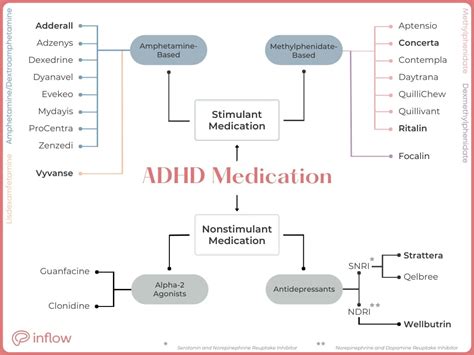
What to Expect When Starting ADHD Medication
When starting ADHD medication, it is essential to have realistic expectations and to be aware of the potential benefits and risks. Here are some things to expect: * It may take some time to find the right medication and dosage for your child. * Your child may experience some side effects, such as sleep disturbances or appetite suppression. * The medication may need to be adjusted or changed over time as your child grows and develops. * It is essential to work closely with a healthcare professional to monitor your child's response to the medication and make any necessary adjustments.Common Side Effects of ADHD Medication in Kids
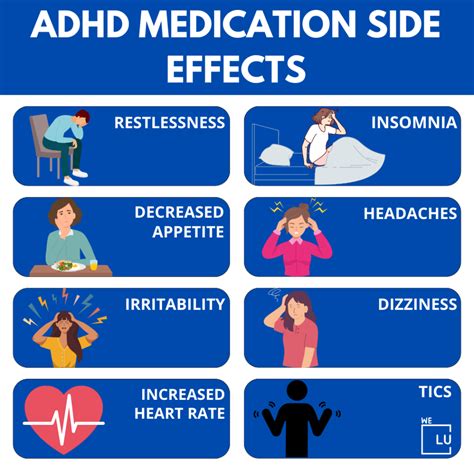
It is essential to work closely with a healthcare professional to monitor your child's response to the medication and adjust the dosage or medication as needed to minimize side effects.
Long-Term Effects of ADHD Medication in Kids
The long-term effects of ADHD medication in kids are not yet fully understood, and more research is needed to determine the potential risks and benefits. However, some studies suggest that ADHD medication may have a positive impact on long-term outcomes, such as: * Improved academic performance * Enhanced social relationships * Increased self-esteem and confidence * Reduced risk of mental health problemsHowever, there are also potential risks to consider, such as:
- Potential for addiction and abuse
- Increased risk of cardiovascular problems
- Potential impact on growth and development
Alternatives to ADHD Medication for Kids
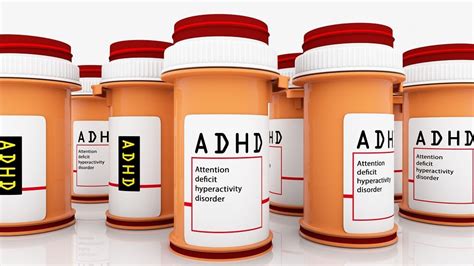
It is essential to work closely with a healthcare professional to determine the best treatment plan for your child, and to consider a combination of different approaches to achieve the best possible outcomes.
Conclusion and Next Steps
In conclusion, ADHD medication can be a highly effective treatment for children with ADHD, but it is essential to approach this topic with caution and careful consideration. By working closely with a healthcare professional, considering the potential benefits and risks, and exploring alternative treatment options, parents can make informed decisions about their child's treatment and help them to reach their full potential. If you have any questions or concerns about ADHD medication for kids, be sure to speak with a healthcare professional or a qualified medical expert.What is the most common type of ADHD medication for kids?
+The most common type of ADHD medication for kids is stimulant medication, such as Ritalin and Adderall.
What are the potential side effects of ADHD medication in kids?
+Potential side effects of ADHD medication in kids include sleep disturbances, appetite suppression, anxiety and mood changes, and increased heart rate and blood pressure.
Can ADHD medication be used in conjunction with other treatments?
+Yes, ADHD medication can be used in conjunction with other treatments, such as behavioral therapy and lifestyle changes, to achieve the best possible outcomes.
What are some alternatives to ADHD medication for kids?
+Alternatives to ADHD medication for kids include behavioral therapy, lifestyle changes, dietary changes, and supplements.
How can I determine the best treatment plan for my child?
+To determine the best treatment plan for your child, work closely with a healthcare professional, consider your child's individual needs and medical history, and explore a combination of different approaches.
